Building a thriving future for young people
Hopelab is a social innovation lab and impact investor at the intersection of tech and youth mental health.
Hopelab is a social innovation lab and impact investor at the intersection of tech and youth mental health.
This study looks at how teens and young people are embracing online mental health tools — from social media to therapy and mental health apps — as resources for seeking support and managing their own mental health and well-being.
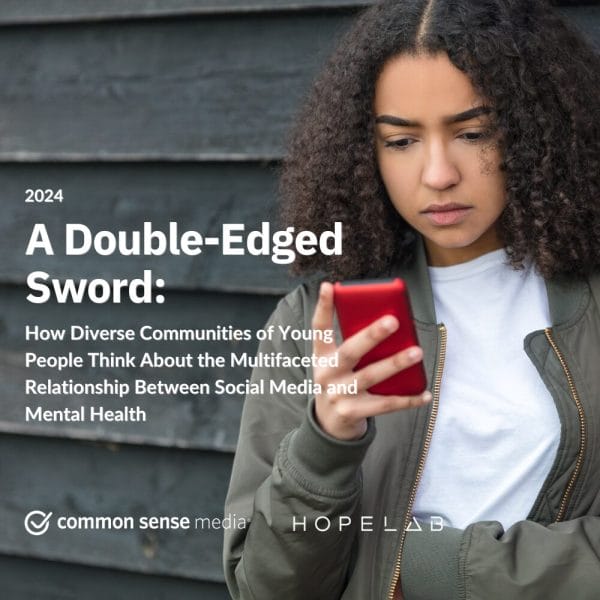
The third installment of a national survey developed by Hopelab and Common Sense Media, and conducted by NORC at the University of Chicago, shows that while social media continues to pose risks, it also plays a beneficial role in supporting the mental health and well-being of young people — especially those from marginalized communities.

This study examines generative AI use by race and ethnicity, age, gender, and LGBTQ+ identity and shares a nuanced understanding of how different demographic groups perceive and interact with generative AI technologies. Young people were directly involved in the creation of survey topics and questions and the interpretation of results.
Behavioral Health Tech, Hopelab, Pivotal Ventures, Resonance Philanthropies, and Manatt are thrilled to co-present the 2024 Young Innovators in Behavioral Health Awards. We believe young people are having an incredible impact and have the potential to do even more! We want to spotlight these individuals and amplify their ideas, voices, and influence.
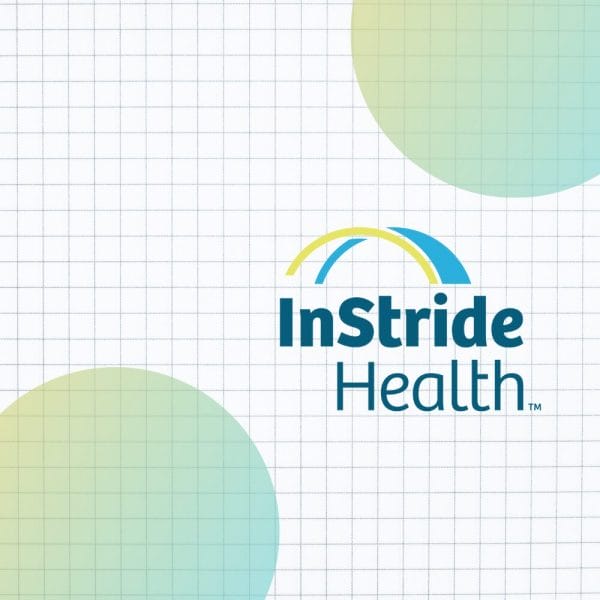
InStride raises $30 million in Series B funding to support increased access to specialty outpatient care for pediatric anxiety and OCD
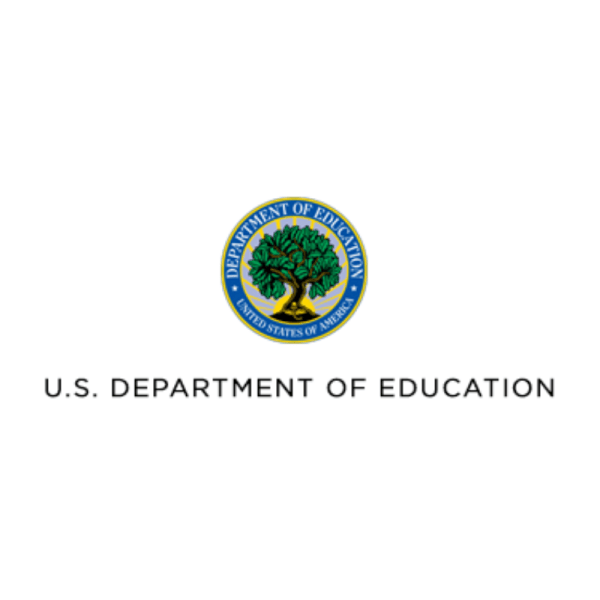
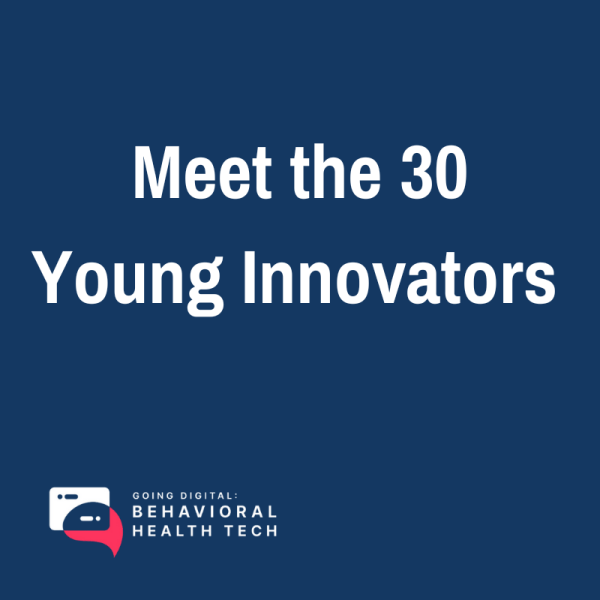
Meet the 30 winners of the Inaugural Young Innovators in Behavioral Health Awards Program
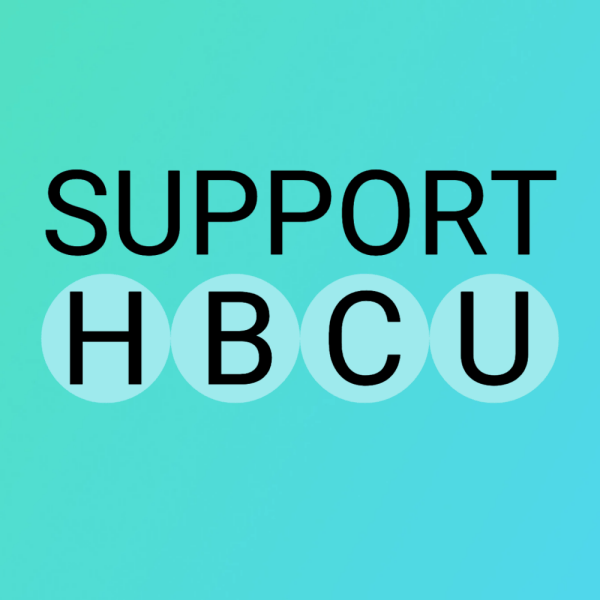
Part of the philanthropic sector’s commitment to equity must include tackling the impact of generations of systemic inequality and underfunding. We must remain steadfast when institutional and political forces try to scare us into backing away, not just during moments of heightened awareness around racial justice.